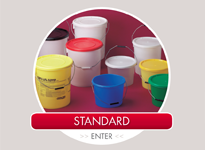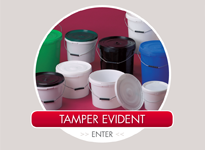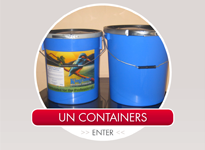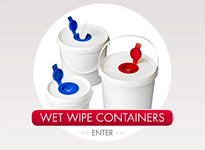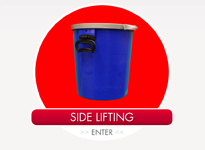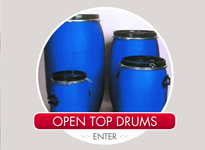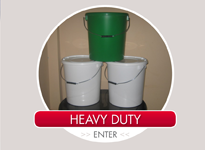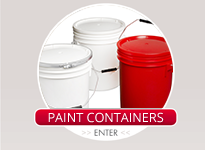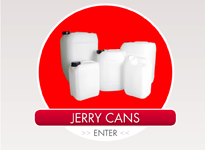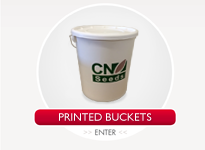

Plastic Containers Manufacturers And Their Processes
October 31, 2012 at 3:48 PM

I doubt there's a corner of the globe that hasn't seen plastic containers. Because most industrial and domestic packaging is manufactured using plastics, they are omnipresent. Plastic containers manufacturers use recycled waste materials to mitigate the problem, with plastic containers being non-biodegradable, and many countries now have strict rules on how plastic materials are used and disposed of.
Most parts of the UK now have a wheelie bin policy in place, enabling us to recycle most plastics. But not all are equally straightforward to recycle and this is something plastic containers manufacturers are looking to work on.
Probably the simplest and most ubiquitous plastics to recycle are made from polyethylene terephthalate (PETE). This material is widely used to make water and fizzy drink bottles, pill containers, as well as many more common domestic containers. Once processed by the recycling facility, this plastic is often used as a filling for winter coats, life jackets and even sleeping bags as well as bean bags, tennis ball felt, rope, cassette tape, sails, furniture, not to mention other plastic bottles.
Another fairly straightforward material is high-density polyethylene. Plastics manufacturers use bulkier containers for detergent and bleach but also milk and even motor oil. Once recycled it's often used for toys and sometimes piping and rope.
Polystyrene and Styrofoam products like coffee cups, takeaway trays and insulation is also widely accepted for recycling because of the wide variety of items it can be recycled into such as tapes and foam insulation.
The plastic used in shower curtains, piping and vinyl dashboards is called polyvinyl chloride is harder to recycle. This, plus low-density polyethylene (cling film and sandwich bags) and polypropylene (Tupperware etc) is not as widely accepted by centres because it has a low rate of recyclability.
But the most difficult items to recycle are those manufactured from different combinations of the previously mentioned plastics or from any rare or unique plastic formulations. As these are rarely collected or recycled, some users return them to the makers, thus reducing the local amount of waste and passing back the burden to the original plastic container manufacturers to recycle or dispose of as harmlessly as possible.
Add Pingback

